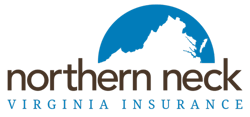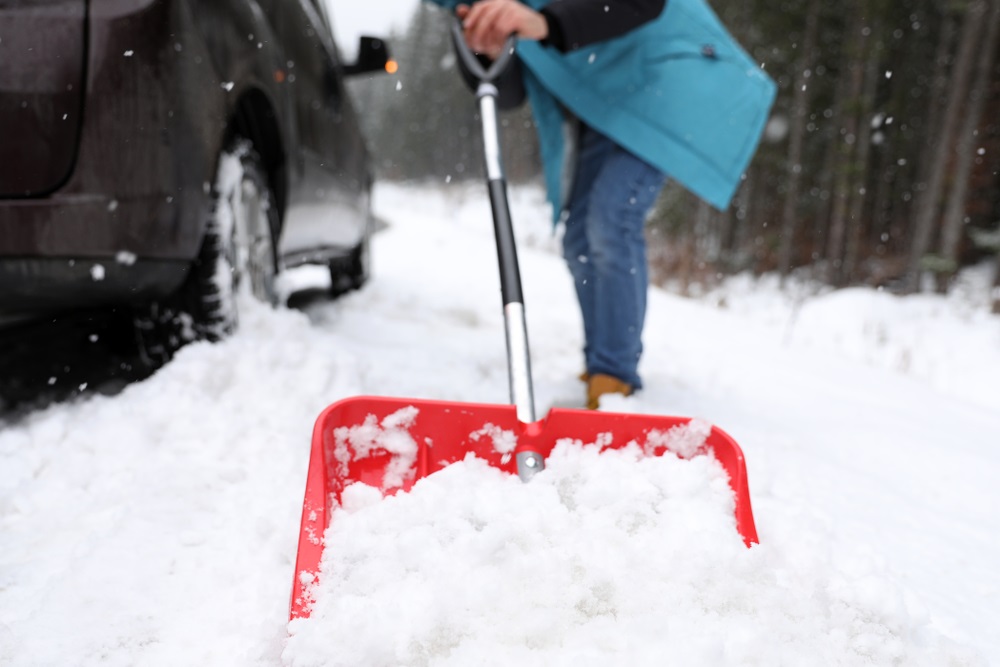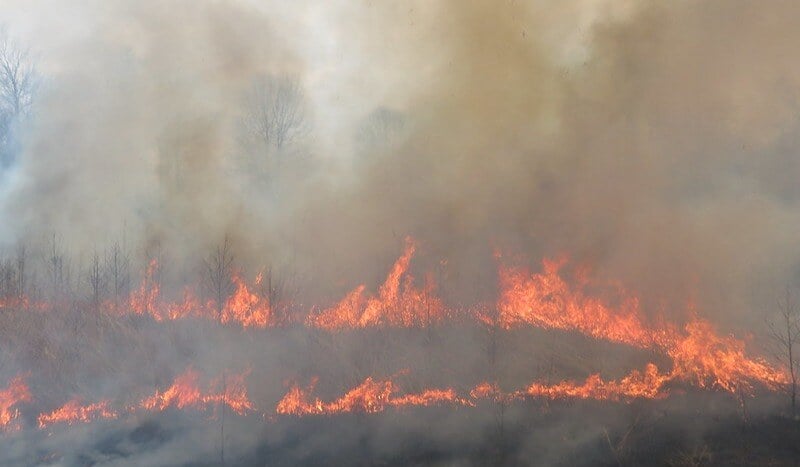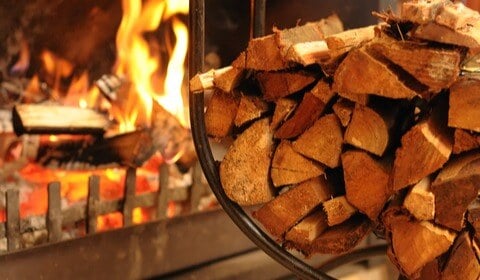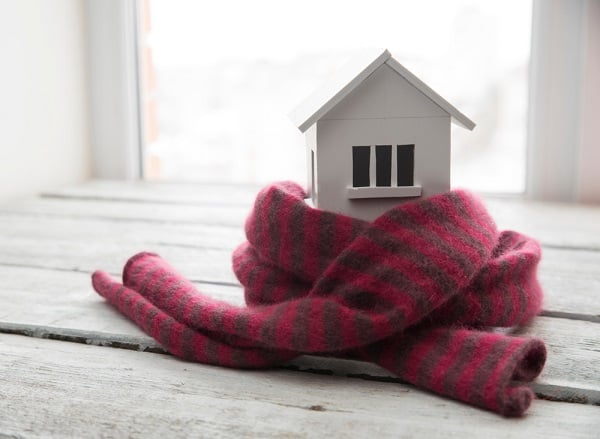
We've had some cold nights but don't commit to the flannel sheets yet. Virginia's weather can be fickle this time of year! With all this uncertainty, one thing is certain: colder weather is coming. And whenever you feel chilled this winter, you'll want your home's furnace to hum happily. Spending a little time and money now and save a bundle later!
What kind of winter will Virginia have in 2024-2025?
According to NOAA, we should get used to this mixed bag of weather as an emerging weak La Niña is anticipated to influence the upcoming winter patterns. Virginians could experience blasts of cold weather and the possibility of snow in December. Rain, sleet, snow, rain. we're talking bouts of unseasonably warm days followed by dives into colder temperatures and all the precipitation in between.
How to prepare your home’s heating system for winter
Winterization for furnaces, heat pumps, or any heating system
You wouldn’t leave for your Thanksgiving travel without checking your car engine’s oil or the air pressure in the tires, right? Right! So it’s definitely a good time to get your furnace ready for its winter journey. Here are the 4 simple ways to prepare:
1. Schedule an inspection with an HVAC professional.
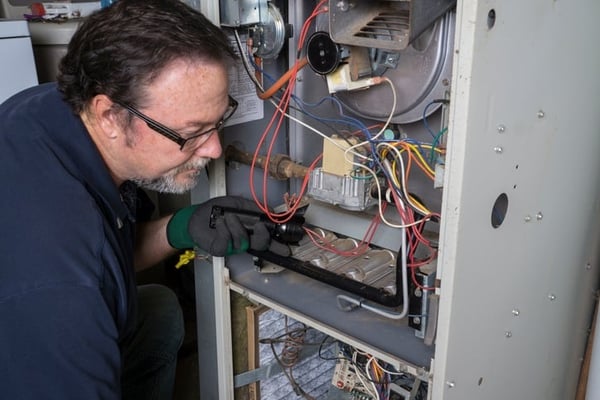
HVAC systems are complex and require a trained pro to get them running right. Heating professionals check things like coils, pressure and airflow, burners, and your heat exchanger. Dealing with a system failure is not pleasant when it’s freezing outside, not to mention it could damage other home systems. Let’s do it right!
Do you have oil-based heat? Here’s a solid information source for oil-based heat maintenance.
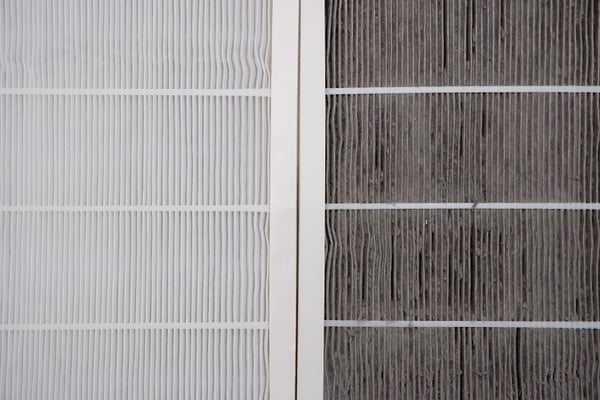
2. Change or clean your air filters
Don’t wait until you hear that terrible sound of heat ducts popping in and out when the heat turns on and off. It's best to replace air filters monthly. If you’re unsure if you’ve gotten your money’s worth from your existing filters, here’s a better measure. Buy new filters and compare them to the old ones in front of bright light. If you can’t see the light filtering through the old filters, replace them.
3. Clear leaves and debris from around your exterior HVAC unit
Remove any vegetation, leaves, and mulch from around your outdoor heat pump. For an HVAC system to run as smoothly as possible, air should be able to flow unimpeded through the condenser.
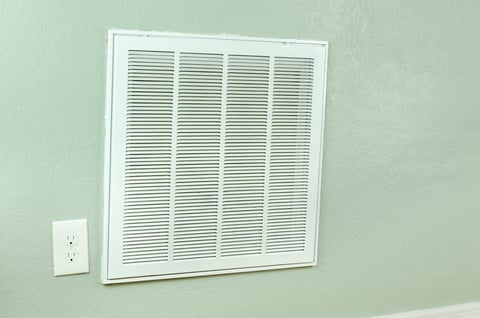
4. Clean your duct vent inlets
Your home's duct vent inlets are intaking or distributing air into your cooling and heating system any time your air or house fan is running. The largest vent is usually your return duct and can get pretty dirty. This is a good reason to replace filters frequently and clean your return vents from time to time. You most likely have smaller vents in your floor or ceiling that blow heated or cooled air into your rooms. Those can use good vacuuming at the same time.
How to clean heater vents
This is a job tackled simply with your vacuum’s brush attachment tool. That annual inspection professional should inspect the inner ductwork for cleanliness, insulation, and tight connections. You may opt to have your ducts professionally cleaned.
5. Reverse your ceiling fans
You may think your fans should go into hibernation over the winter. But you can give your furnace a little help this winter by recirculating the naturally rising warm air trapped at your ceiling. Reversing your ceiling fan forces warm air down and helps distribute it throughout the room.
How to reverse your ceiling fan
Once your heat is running consistently, find the small black switch on the motor housing of your ceiling fan to change the spin direction to clockwise.
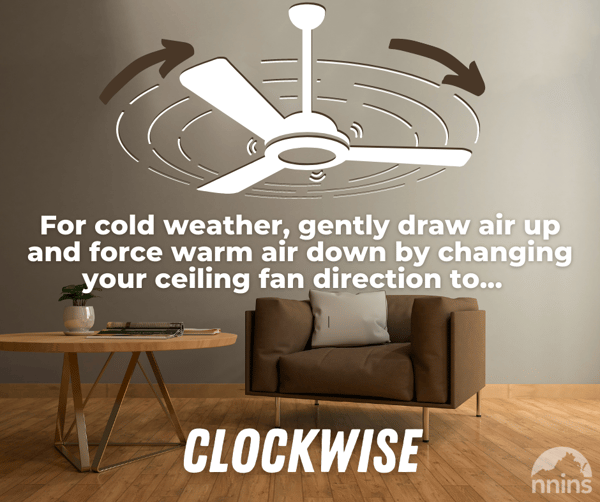
If you rely on a fireplace, wood stove, or other supplemental heat sources in your home, we’ve got those covered too. It's essential to take extra care with those alternative heating helpers to protect against the #1 winter threat to your home: fire. That way your home and family stay comfortable and safe all winter long.
Learn more about homeowners insurance in Virginia >
Sources:
https://www.deq.virginia.gov/our-programs/land-waste/petroleum-tanks/home-heating-oil
https://oilheatamerica.com/knowledge-base/
https://www.weather.gov/lwx/winter
THE NORTHERN NECK INSURANCE INTEGRITY PROMISE — We pledge to provide straight talk and good counsel from our NNINS Virginia insurance experts through our blog. While we hope you find this to be a helpful source of information, it does not replace the guidance of a licensed insurance professional, nor does it modify the terms of your Northern Neck Insurance policy in any way. All insurance products are governed by the terms in the applicable insurance policy.
